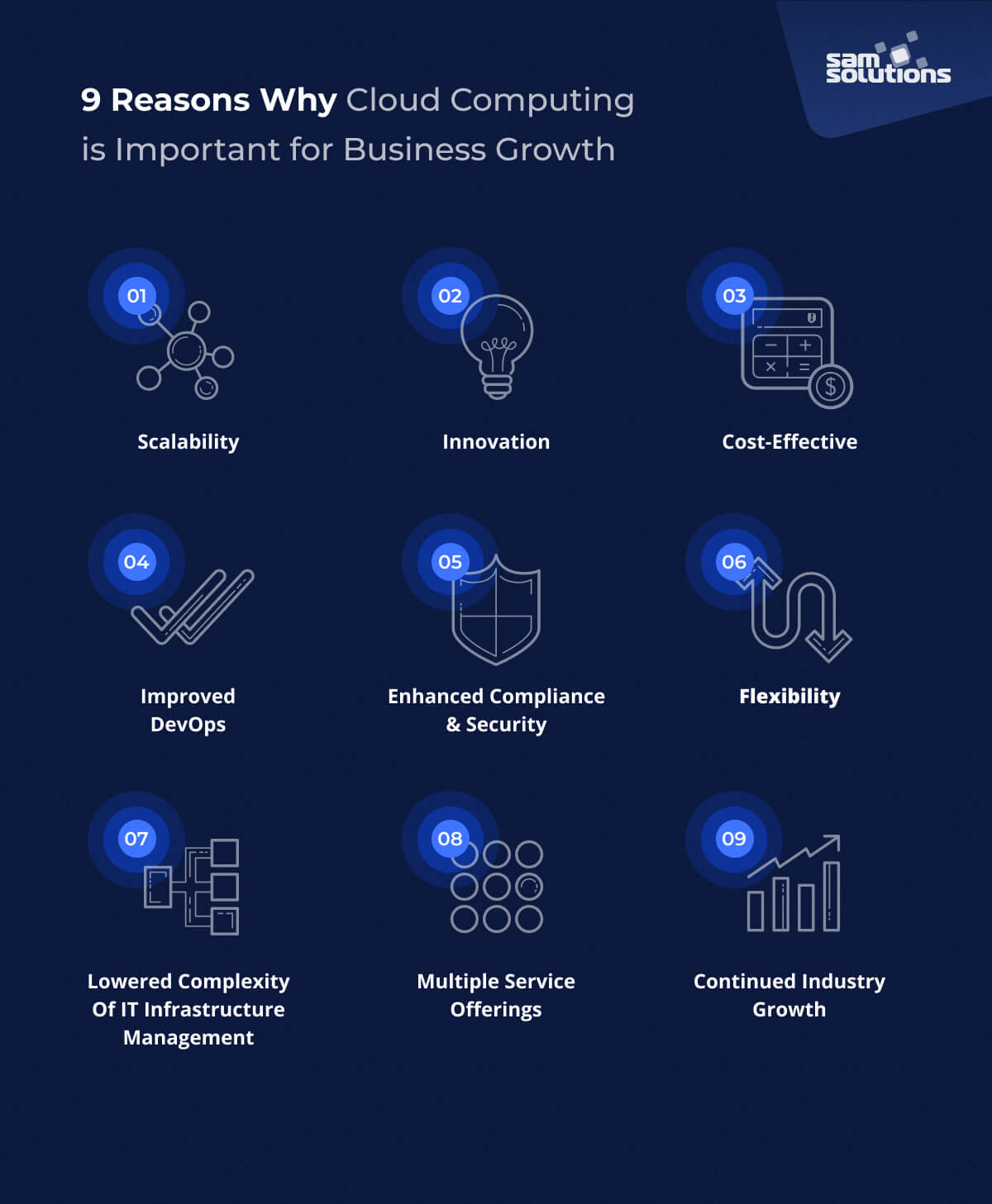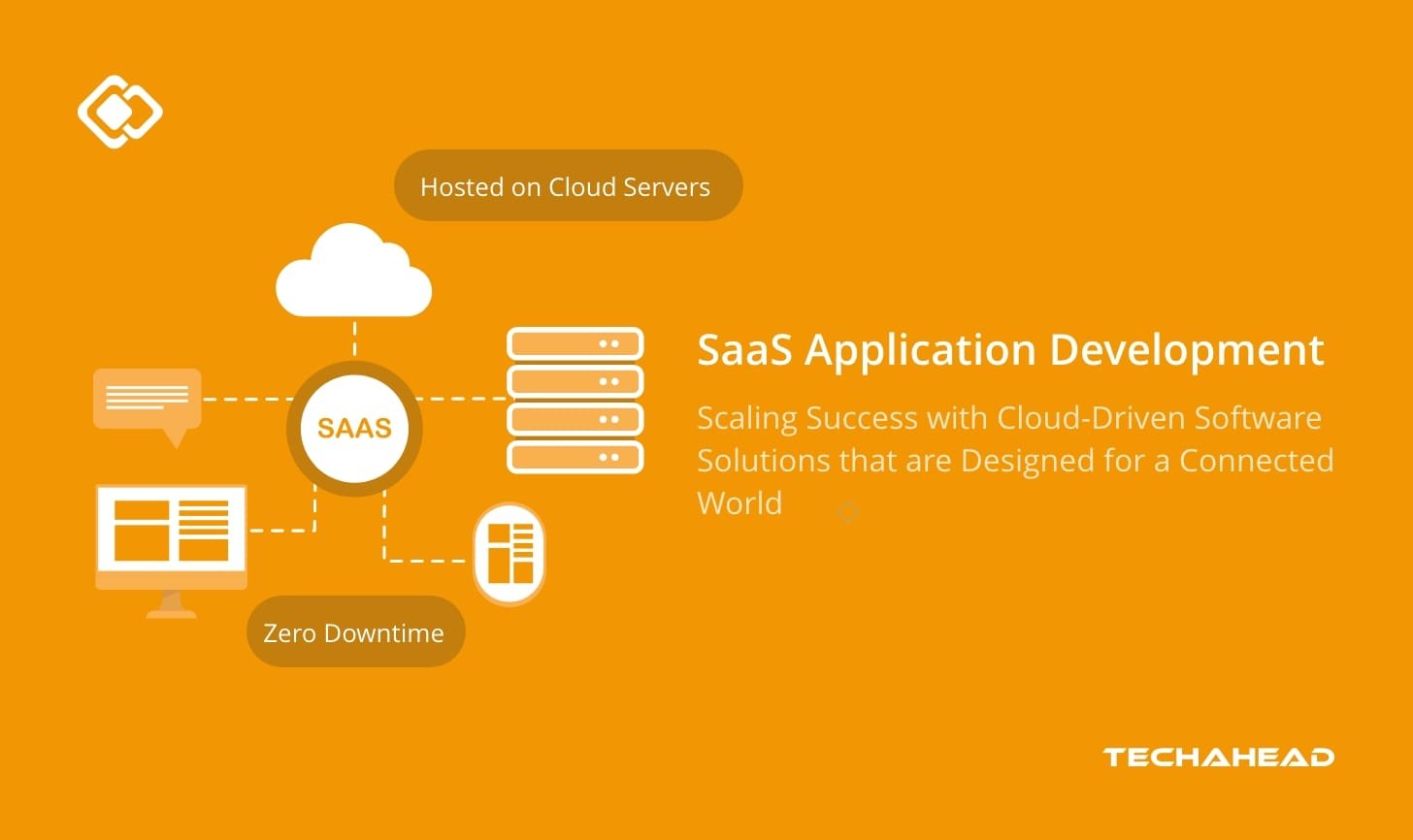Scalable cloud services software is essential for startups to grow efficiently. It offers flexibility and cost-effective solutions.
Startups need tools that grow with their business. Scalable cloud services provide just that. They help manage data, resources, and operations smoothly. This software adjusts as the startup expands, ensuring optimal performance. It reduces the need for heavy upfront investments.
Startups can focus on innovation and customer needs. Cloud solutions often come with strong security features. This protects sensitive data from breaches. Cost savings are significant since you pay for what you use. Easy integration with other tools makes it a must-have. Scalable cloud services are the backbone of modern startups. They ensure smooth, efficient, and secure growth.

Credit: fastercapital.com
Introduction To Scalable Cloud Services
Startups need flexible and efficient technology solutions. Scalable cloud services offer a way to grow smoothly. These services help manage resources without upfront investments.
What Are Scalable Cloud Services?
Scalable cloud services allow businesses to adjust their resources. This means you can increase or decrease usage based on your needs. These services include cloud storage, computing power, and software. Popular examples are AWS, Google Cloud, and Microsoft Azure.
Cloud services are divided into three main types:
- Infrastructure as a Service (IaaS): Provides virtualized computing resources over the internet.
- Platform as a Service (PaaS): Offers hardware and software tools over the internet.
- Software as a Service (SaaS): Delivers software applications over the internet.
Importance For Startups
Scalable cloud services are crucial for startups. They provide many benefits:
- Cost Efficiency: Pay only for what you use. No need for huge initial investments.
- Flexibility: Easily adjust resources based on demand. Scale up during growth, scale down during slow periods.
- Security: Cloud providers offer robust security features. Startups can focus on innovation rather than security concerns.
- Global Reach: Deploy your services anywhere in the world. Reach a global audience without physical infrastructure.
Here is a quick comparison of popular cloud service providers:
| Provider | Features | Pricing |
|---|---|---|
| AWS | Wide range of services, global infrastructure | Pay-as-you-go |
| Google Cloud | Strong machine learning capabilities, competitive pricing | Pay-as-you-go |
| Microsoft Azure | Integration with Microsoft products, broad service offerings | Pay-as-you-go |
Choosing the right scalable cloud service can significantly impact a startup’s success. It provides the foundation needed for growth and innovation.

Credit: sam-solutions.us
Benefits Of Cloud Services For Startups
Cloud services are essential for startups. They offer numerous advantages that help businesses grow quickly. Let’s explore the key benefits.
Cost Efficiency
Startups often have limited budgets. Cloud services reduce costs by eliminating the need for physical servers and IT infrastructure. This allows startups to invest more in their core business activities.
With cloud services, you only pay for what you use. There are no hidden charges. This pay-as-you-go model helps manage cash flow better.
Flexibility And Scalability
Startups need to adapt quickly to market changes. Cloud services offer flexibility. You can easily add or remove resources as needed.
Scalability is another major benefit. Cloud services grow with your business. You can scale up or down based on demand. This ensures you always have the right amount of resources.
| Benefit | Description |
|---|---|
| Cost Efficiency | Reduces costs by eliminating physical servers. |
| Flexibility | Adapts quickly to market changes. |
| Scalability | Scales up or down based on demand. |
- Cost Efficiency: Reduces expenses, pay-as-you-go model.
- Flexibility: Easily add or remove resources.
- Scalability: Grows with your business needs.
Key Features Of Scalable Cloud Software
Scalable cloud software has become essential for startups. It offers flexibility, cost-efficiency, and reliability. Understanding the key features of scalable cloud software can help startups thrive in competitive markets.
Automation Capabilities
Automation capabilities are crucial for scalable cloud software. Automated processes can save time and reduce human error. This allows startups to focus on growth and innovation.
- Task Scheduling: Automate repetitive tasks to increase efficiency.
- Resource Allocation: Automatically allocate resources based on demand.
- Backup and Recovery: Ensure data is backed up and easily recoverable.
Using automation, startups can streamline operations and improve productivity.
Security Measures
Security is paramount for any cloud service. Scalable cloud software must have robust security measures to protect data and operations.
- Encryption: Protect data with advanced encryption techniques.
- Multi-Factor Authentication (MFA): Add an extra layer of security for user access.
- Regular Security Audits: Conduct frequent audits to identify and fix vulnerabilities.
By implementing these security features, startups can safeguard their data and build customer trust.
Popular Cloud Service Providers
Startups often rely on Scalable Cloud Services to grow their businesses. These services offer flexibility, cost-efficiency, and reliability. Here are some of the most popular cloud service providers that startups can leverage.
Amazon Web Services (aws)
Amazon Web Services (AWS) is a leading cloud provider. It offers a wide range of services. These include computing power, storage options, and networking capabilities. AWS is known for its reliability and scalability. Startups can benefit from AWS’s pay-as-you-go model. This helps in managing costs effectively.
Here are some key features of AWS:
- Extensive service offerings
- Global infrastructure
- High security standards
- Flexible pricing models
Microsoft Azure
Microsoft Azure is another top cloud provider. It provides a wide array of cloud services. These services include computing, analytics, and storage. Azure is known for its seamless integration with Microsoft products. This makes it a preferred choice for many startups.
Key features of Microsoft Azure include:
- Hybrid cloud capabilities
- Advanced analytics tools
- Strong security measures
- Scalable solutions
Google Cloud Platform
Google Cloud Platform (GCP) offers robust cloud services. It is known for its high-performance computing and data storage solutions. GCP is popular among startups due to its powerful machine learning tools and big data capabilities.
Key features of Google Cloud Platform:
- Innovative machine learning tools
- Comprehensive data analytics
- Strong security protocols
- Scalable infrastructure
Implementing Cloud Services In Your Startup
Implementing cloud services can transform your startup’s operations. It enables scalability, flexibility, and cost savings. This section will guide you through the essential steps.
Assessing Business Needs
Before choosing a cloud service, assess your business needs.
- Identify the core functionalities you require.
- Determine your budget constraints.
- Understand your data storage needs.
A thorough assessment ensures you select a service that aligns with your goals.
Choosing The Right Provider
Choosing the right provider is crucial for your startup’s success. Consider the following aspects:
| Criteria | Details |
|---|---|
| Scalability | Ensure the provider can scale with your growth. |
| Security | Check the provider’s security measures and compliance standards. |
| Cost | Compare pricing models to fit your budget. |
| Support | Look for 24/7 customer support and technical assistance. |
Evaluating these factors helps in making an informed decision.
Maximizing Growth With Cloud Services
Startups thrive on agility and scalability. Cloud services offer an unparalleled advantage. With the right cloud solutions, startups can maximize growth effortlessly. Below, we explore key areas where cloud services shine.
Enhancing Collaboration
Collaboration is crucial for startups. Cloud services streamline team interactions. Remote teams can access shared documents instantly. Real-time updates prevent version conflicts.
- Centralized Storage: All files in one place.
- Real-time Editing: Multiple users edit documents simultaneously.
- Secure Access: Protect sensitive data with secure logins.
These features boost productivity and reduce delays. Teams work together seamlessly, regardless of location.
Improving Customer Experience
Customer experience defines a startup’s success. Cloud services enhance this aspect significantly. Fast, reliable performance ensures customer satisfaction.
| Feature | Benefit |
|---|---|
| Scalability: | Handle traffic spikes effortlessly. |
| Data Analytics: | Understand customer behavior better. |
| Personalization: | Offer tailored experiences to users. |
These benefits lead to higher customer retention. Happy customers spread positive word-of-mouth.
Improving Customer Experience
Customer experience defines a startup’s success. Cloud services enhance this aspect significantly. Fast, reliable performance ensures customer satisfaction.
Startups can use data analytics to understand customer behavior better. They can also scale their operations to handle traffic spikes effortlessly.
| Feature | Benefit |
|---|---|
| Scalability: | Handle traffic spikes effortlessly. |
| Data Analytics: | Understand customer behavior better. |
| Personalization: | Offer tailored experiences to users. |
These benefits lead to higher customer retention. Happy customers spread positive word-of-mouth.
Challenges And Solutions
Startups face numerous challenges, especially with scalable cloud services software. The main issues include managing costs and ensuring data security. This section delves into these challenges and provides practical solutions.
Managing Costs
Startups often operate on tight budgets. Cloud services can quickly become expensive. Startups need to optimize their cloud usage.
Here are some strategies:
- Use Pay-As-You-Go Plans: Only pay for what you use.
- Monitor Usage: Track cloud service usage daily.
- Automate Scaling: Use automated scaling to adjust resources.
- Choose the Right Plan: Pick a plan that suits your needs.
Consider using cost management tools. These tools help monitor and control expenses.
Ensuring Data Security
Data security is crucial for startups. Data breaches can be disastrous. Ensuring robust security measures is essential.
Here are some essential security measures:
- Encryption: Encrypt data both in transit and at rest.
- Access Control: Limit access to sensitive data.
- Regular Updates: Keep your software updated.
- Backup Solutions: Regularly back up your data.
Implementing these measures ensures data remains safe. It protects your startup from potential threats.
Future Trends In Cloud Services
The future of cloud services for startups looks promising. As new technologies emerge, cloud services are evolving. Startups can benefit from these advancements. Let’s explore two key trends shaping the future of cloud services.
Ai And Machine Learning Integration
Artificial Intelligence (AI) and Machine Learning (ML) are transforming cloud services. They offer smarter, automated solutions. Startups can use these technologies to gain valuable insights from data.
- Predictive Analytics: AI can predict trends and behaviors.
- Automated Customer Service: Chatbots powered by AI provide instant support.
- Enhanced Security: ML algorithms detect and prevent security threats.
AI and ML make cloud services more efficient. Startups can scale faster and smarter.
Edge Computing
Edge Computing is another trend reshaping cloud services. It processes data closer to the source. This reduces latency and improves performance.
Startups can benefit from edge computing in several ways:
- Faster Data Processing: Real-time data analysis at the edge.
- Reduced Bandwidth Usage: Less data sent to central servers.
- Improved Reliability: Edge devices can operate independently.
Edge computing complements cloud services. It offers faster, more reliable solutions.

Credit: www.instagram.com
Frequently Asked Questions
What Are Scalable Cloud Services?
Scalable cloud services allow businesses to adjust their resources based on demand. This ensures cost-efficiency and optimal performance. Startups benefit from flexibility and reduced upfront costs.
Why Are Cloud Services Important For Startups?
Cloud services provide startups with cost-effective, scalable, and secure solutions. They enable quick deployment and easy management of resources. This helps startups focus on growth.
How Do Scalable Cloud Services Reduce Costs?
Scalable cloud services allow startups to pay only for what they use. This prevents over-provisioning and reduces unnecessary expenses. It also eliminates the need for expensive hardware.
What Features Should Startups Look For In Cloud Services?
Startups should look for scalability, security, reliability, and cost-efficiency. Integration with existing tools and user-friendly interfaces are also important. Support and compliance features are crucial too.
Conclusion
Scalable cloud services software offers startups flexibility and growth opportunities. It helps manage resources efficiently and reduces costs. Easy to implement, it supports business expansion seamlessly. Startups can focus on innovation and customer satisfaction. Embrace cloud solutions for a competitive edge and sustainable growth.
Make the smart choice for your startup’s future.





